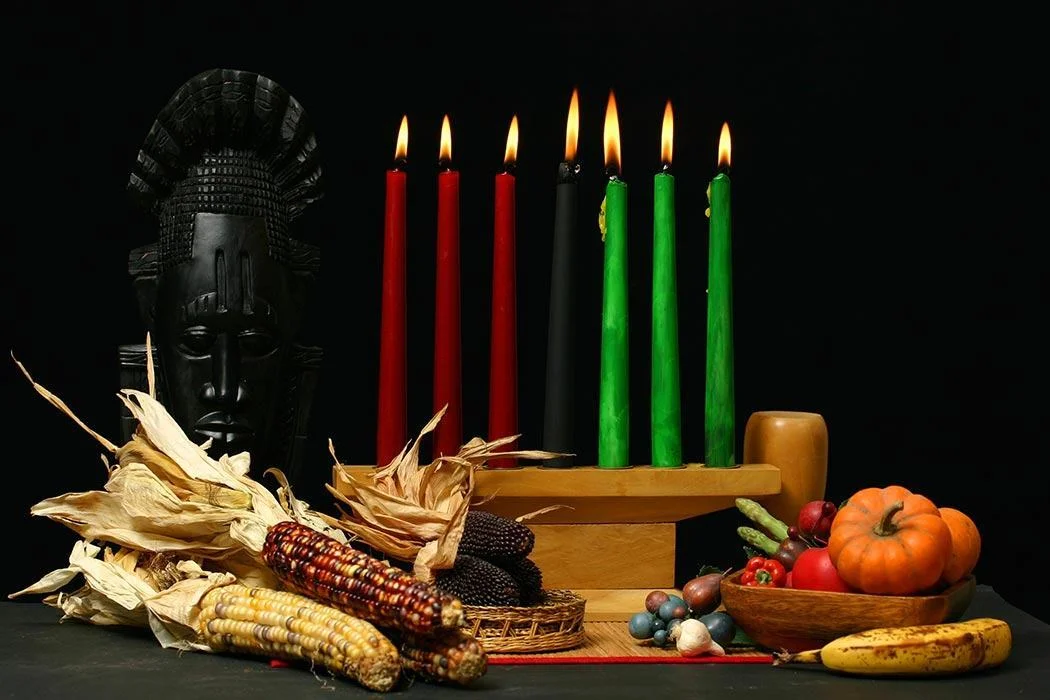
Kwanzaa is an annual week-long celebration that honors African American heritage and culture. The holiday was created in 1966 by Dr. Maulana Karenga, a professor of African Studies, in response to the Watts riots in Los Angeles.
Kwanzaa is celebrated from December 26th to January 1st each year, and it has seven core principles, known as the Nguzo Saba. These principles are:
- Umoja (Unity) – To strive for and to maintain unity in the family, community, nation, and race.
- Kujichagulia (Self-Determination) – To define ourselves, name ourselves, create for ourselves, and speak for ourselves.
- Ujima (Collective Work and Responsibility) – To build and maintain our community together and make our brother’s and sister’s problems our problems and to solve them together.
- Ujamaa (Cooperative Economics) – To build and maintain our own stores, shops, and other businesses and to profit from them together.
- Nia (Purpose) – To make our collective vocation the building and developing of our community in order to restore our people to their traditional greatness.
- Kuumba (Creativity) – To do always as much as we can, in the way we can, in order to leave our community more beautiful and beneficial than we inherited it.
- Imani (Faith) – To believe with all our heart in our people, our parents, our teachers, our leaders, and the righteousness and victory of our struggle.
During Kwanzaa, each day represents one of the seven principles, and families and communities come together to celebrate their culture and heritage. Traditional practices during Kwanzaa include lighting candles in a kinara (candleholder) and giving gifts to friends and family.
If you’re interested in learning more about Kwanzaa, there are many resources available online. One great resource is the official Kwanzaa website (https://www.officialkwanzaawebsite.org/), which provides a detailed overview of the holiday and its traditions. The site also includes resources for celebrating Kwanzaa, such as ideas for crafts, recipes, and activities.
Other resources for learning more about Kwanzaa include:
- The National Museum of African American History and Culture (https://nmaahc.si.edu/explore/initiatives/kwanzaa), which provides a history of the holiday and an overview of its traditions.
- The Kwanzaa Information Center (https://www.kwanzaaguide.com/), which provides a comprehensive guide to Kwanzaa, including information on the seven principles and their meanings.
- Your local library or bookstore, where you can find books on Kwanzaa and African American culture.
By learning more about Kwanzaa, you can gain a greater appreciation for African American heritage and culture, and join in the celebration of this important holiday.

